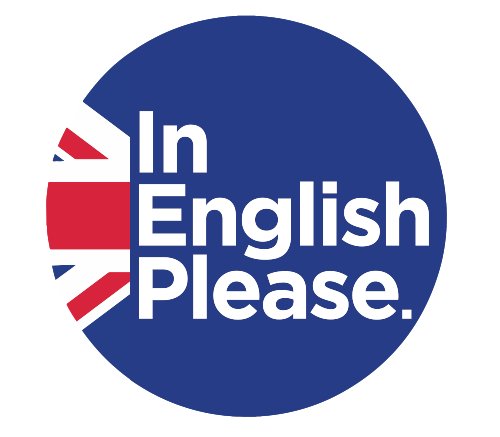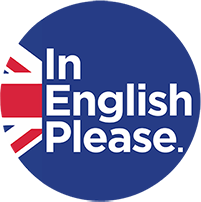Question tags

What are question tags?
Learning English is great, isn’t it? → [Isn’t it] is a question tag. Question tags are a great way to check if the information the speaker believes is true. And they’ll make you sound more fluent!
In Spanish we would say ¿no? At the end of the sentence but in English it is different. See how it goes:
❌ This is the house, no? Incorrect
🗸 This is the house, isn’t it? Correct
How do they work:
Grammar books will say: You put “to be” or an “auxiliary verb” (e.g. do) or “modal” (e.g. can) in the opposite way to the original sentence.
You are a boy, aren’t you?
You are not a boy, are you?
It is always the opposite/reverse. Siempre es lo opuesto.
Grammar books say this. I say: put the first part in reverse.
Let’s see these examples. Take note of what we do to get the question tag. Toma nota de lo que hacemos para llegar a tener el question tag.
🗸 Examples with to be: As you can see, to ask for confirmation of what you are saying, you only need to change the order between the subject and the verb to be.
You’re tired, aren’t you?
We’re late, aren’t we?
She’s coming, isn’t she?
It’s cold outside, isn’t it?
*There is an exception: the question tag after I am is “aren’t I”. For example:
“I’m right, aren’t I?”
🗸 Examples with have
We can do the same with the verb have.
You’ve finished your homework, haven’t you?
She has missed the train, hasn’t she?
They’ve started the project, haven’t they?
You’ve been to France, haven’t you?
Question tags can also be followed by modal verbs “will,” “would,” “can,” or “could.” They work in the same way, look at these examples:
You’ll come to the party, won’t you?
We would like to go, wouldn’t we?
She can play the piano, can’t she?
They could come to the park, couldn’t they?
With the rest of verbs
Easy! The question tag is formed with don’t or doesn’t
You know the answer, don’t you?
They eat meat, don’t they?
She likes her job, doesn’t she?
You prefer to leave in the morning, don’t you?
For all the cases we’ve seen, we can also do it in negative sentences:
You don’t eat fish, do you?
They are not your children, are they?
She doesn’t have a driving license, has she?
We don’t want to invite him, do we?
He isn’t late, is he?
Now you are ready to go to the next lesson to take the test! 🏃🏾

